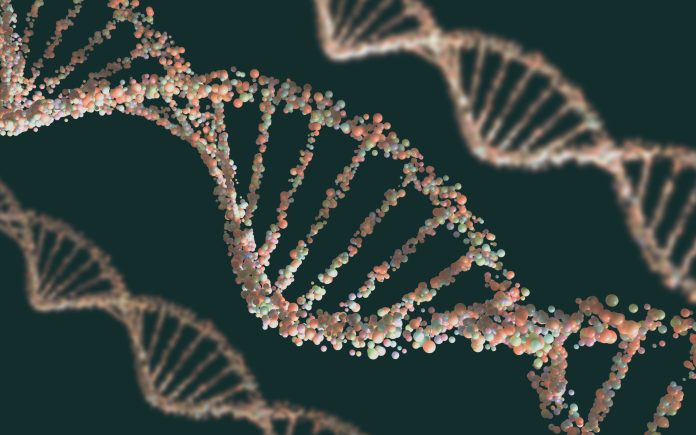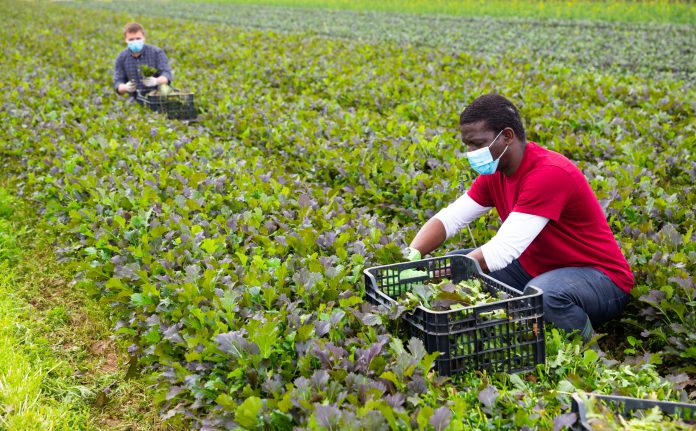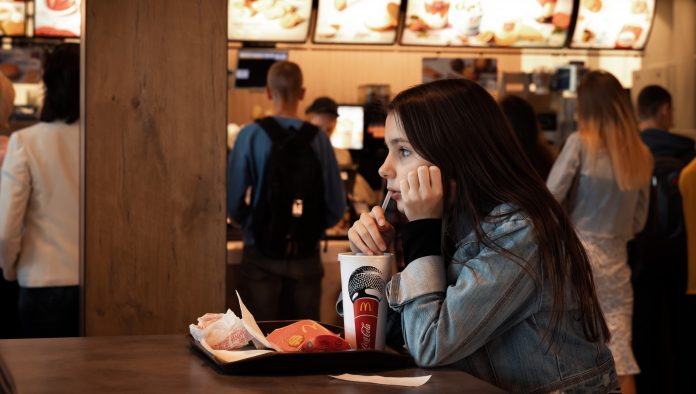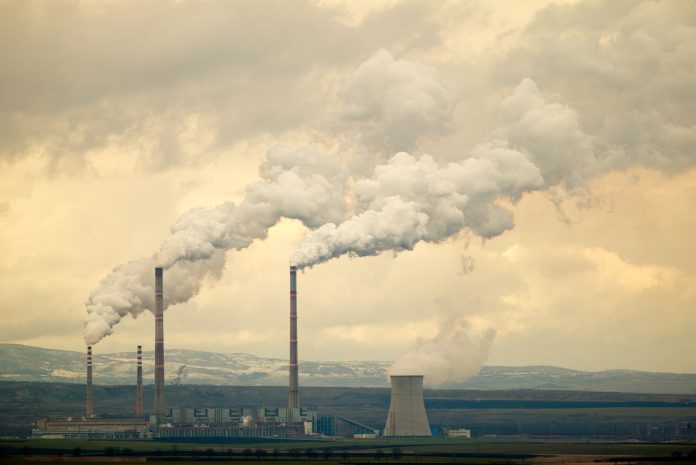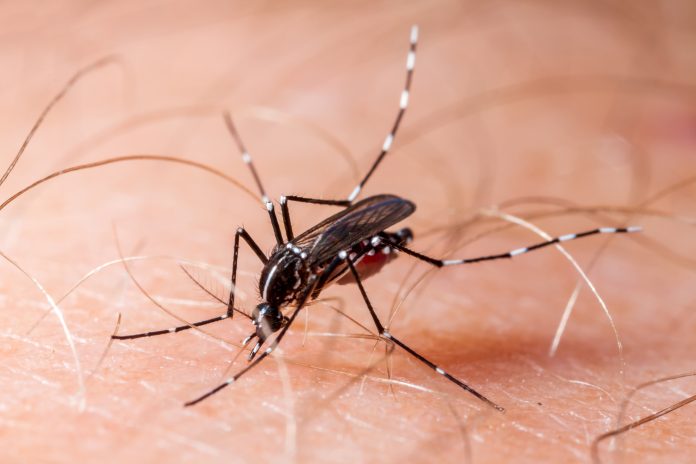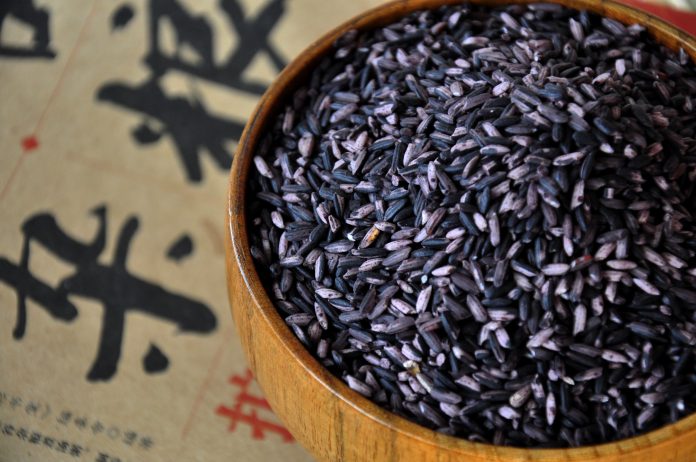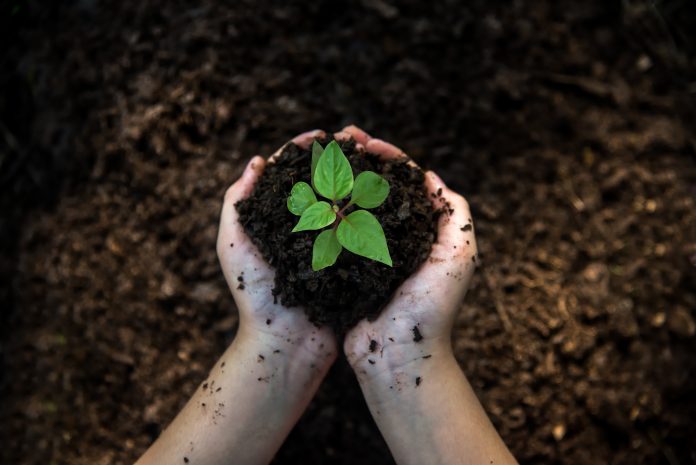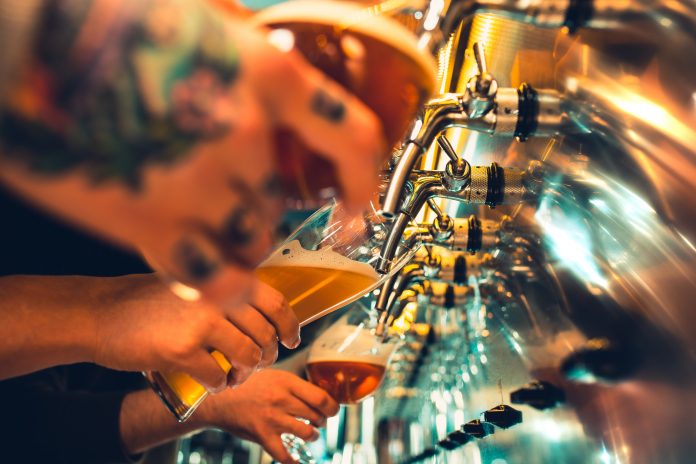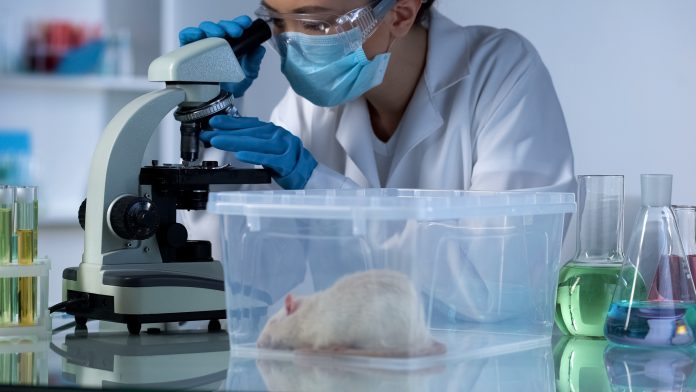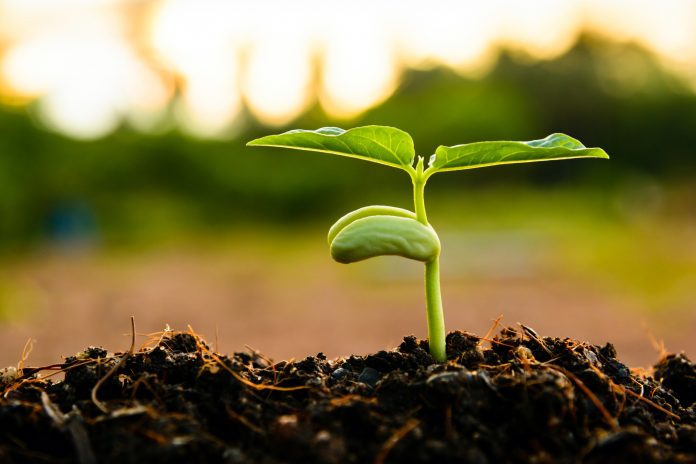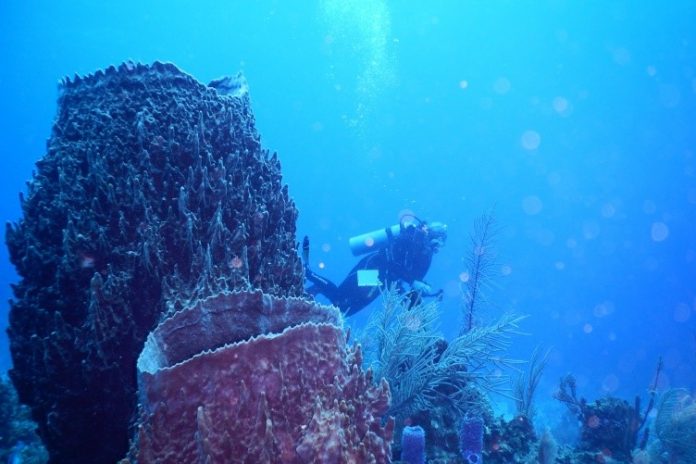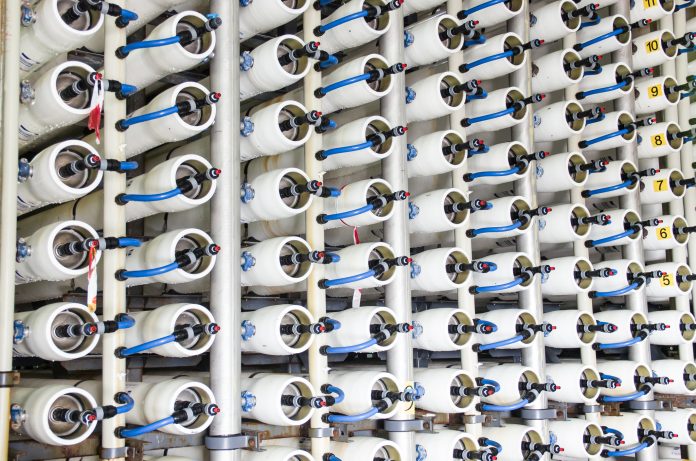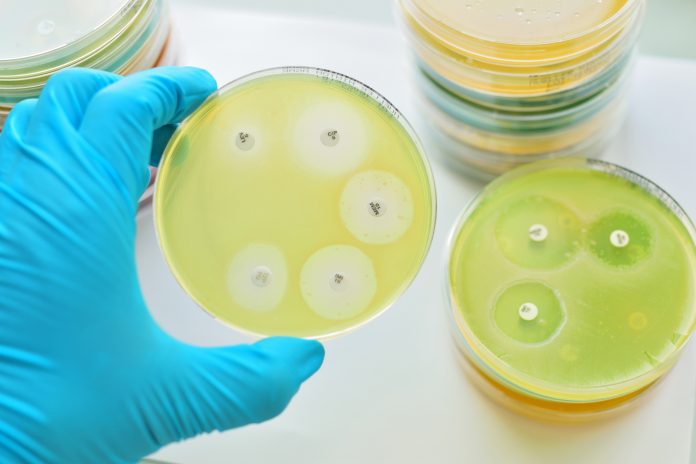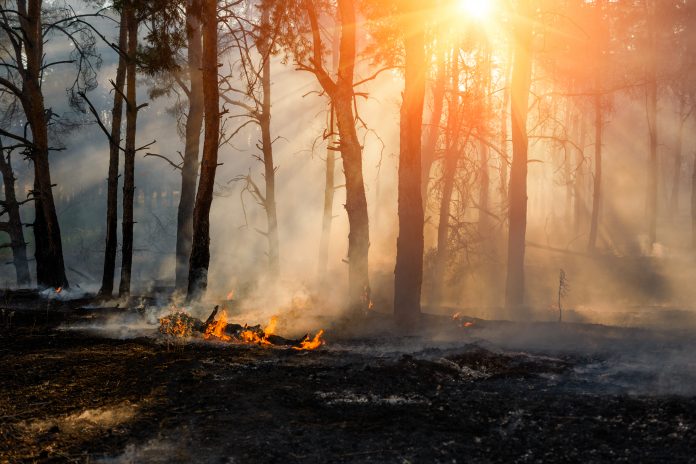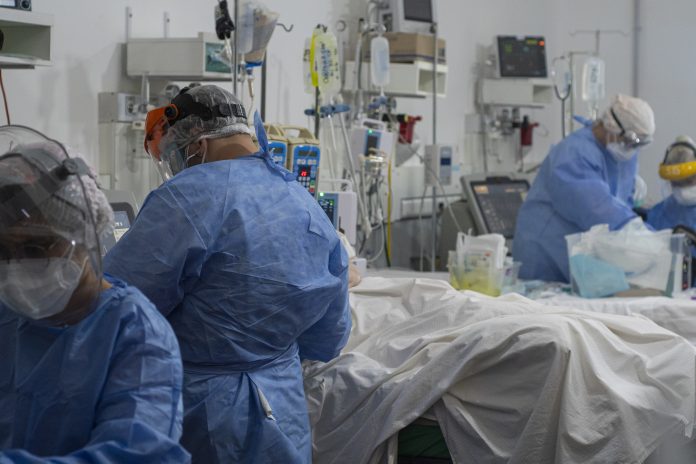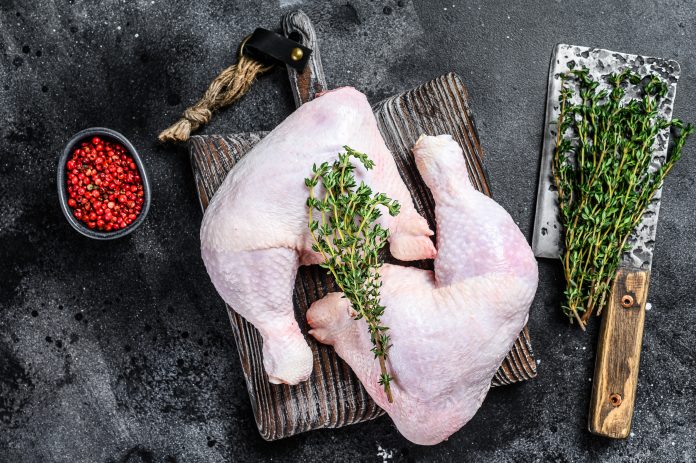Open Access Government produces compelling and informative news, publications, eBooks, and academic research articles for the public and private sector looking at health, diseases & conditions, workplace, research & innovation, digital transformation, government policy, environment, agriculture, energy, transport and more.
Home Search
Bacteria - search results
If you're not happy with the results, please do another search
Computerized DNA motors are moving molecular robotics to the next level
Researchers have developed DNA motors with the ability to sense and process chemical information – mimicking the basic properties of living cells
An environmental and social focus on air pollution and COVID-19
We speak to Dr Elica. M. Moss, about her work with air pollution and COVID-19 – with particular focus on environmental microbiology
Western diet rich in red, processed meat linked to colorectal cancer
A Western-style diet rich in red and processed meat, sugar and refined grains and carbohydrates increases risk of colorectal cancer.
Valorisation of industrial CO2 side streams and BIOCON-CO2 H2020
Montse Bosch, Area Manager at Leitat Technological Center, discusses the BIOCON-CO2 H2020 project and its transformation of raw CO2 waste into everyday products.
Genomic characterisation for improved responses to dengue outbreaks in Tanzania
Gaspary Mwanyika from the SACIDS Foundation for One Health, Sokoine University of Agriculture, Tanzania details the importance of genomic characterisation in the control of dengue.
A decade after the most important gene of fragrance rice uncovered
Professor Dr Apichart Vanavichit, Director of the Rice Science Center, reflects on the decade since the most important gene of fragrance rice was uncovered.
The link between soil health and the survival of global agriculture
Here, we speak to Assistant Professor Christine Sprunger, who gives us expert insight on the universal need for soil health.
Lager beer can lessen risk of disease in men’s gut microbes
Both alcoholic and non-alcoholic lager beer drank in moderation can improve gut microbes in men – lessening the chances of developing chronic diseases.
Lessons from the mouse model of cutaneous leishmaniasis
Peter Bretscher, from the University of Saskatchewan looks at whether mouse models of cutaneous leishmaniasis are pertinent for vaccination against and treatment of AIDS, infectious diseases, and cancer.
A piece of the puzzle into climate research: freshwater wetlands microbes
Emily Davenport and Arpita Bose discuss the case for freshwater wetlands as vital pieces of the solution for climate change and sustainable energy synthesis.
Technologies improve human welfare and solve global issues
Shu Wei Goh, Co-Founder of the global AI ecosystem builder and VC firm, Skymind, explores how technologies contribute to the improvement of human welfare & solving global issues.
How to improve biological control agents for soil and pest management
Aarthi JanakiRaman, Research Director, Chemicals and Advanced Materials at TechVision, explains the need for an integrated approach to improve adoption of biological control agents for soil and pest management.
Genomic time machine to understand sea sponge evolution
Key to the health of coral reefs, scientists reveal that sea sponges are among the earliest animals to ever grace planet earth
A portable desalination unit could be the future of freshwater
Turning seawater into freshwater, a portable desalination unit can affordably generate clean drinking water without filters or pumps.
Could soil microbes be a solution to the climate crisis?
Research from Arpita Bose’s lab combines nature with the laboratory to innovate solutions to our global climate crisis
Much of the focus on climate change mitigation lies in reducing anthropogenic emissions of carbon greenhouse gases (e.g., carbon dioxide, CO2; methane, CH4), which continue to increase. An additional consideration is the...
€2.5 million grant for research on antibiotic resistance
Research on antibiotic resistance, specifically looking at gene-swapping systems in bacteria, has been awarded €2.5 million from the European Research Council.
5 ways to reduce food waste and live more green
With the UK continuing to send 18 million tonnes of food to landfill, here are some top tips to help you reduce food waste at home
Forest microbes that can survive and even thrive from megafires
Research from UC Riverside finds that fungi and bacteria can survive redwood tanoak forest megafires – they can even increase in number after feeling the flames.
How long does COVID pneumonia last?
Scientists describe COVID pneumonia as "multiple wildfires spreading across a forest" - but how different is the condition from regular pneumonia?
Food safety: Over 25% of people cook with raw chicken
Over a quarter of study participants contaminate salad with raw chicken – not washing surfaces efficiently or cooking chicken properly can pose great threats to food safety.

